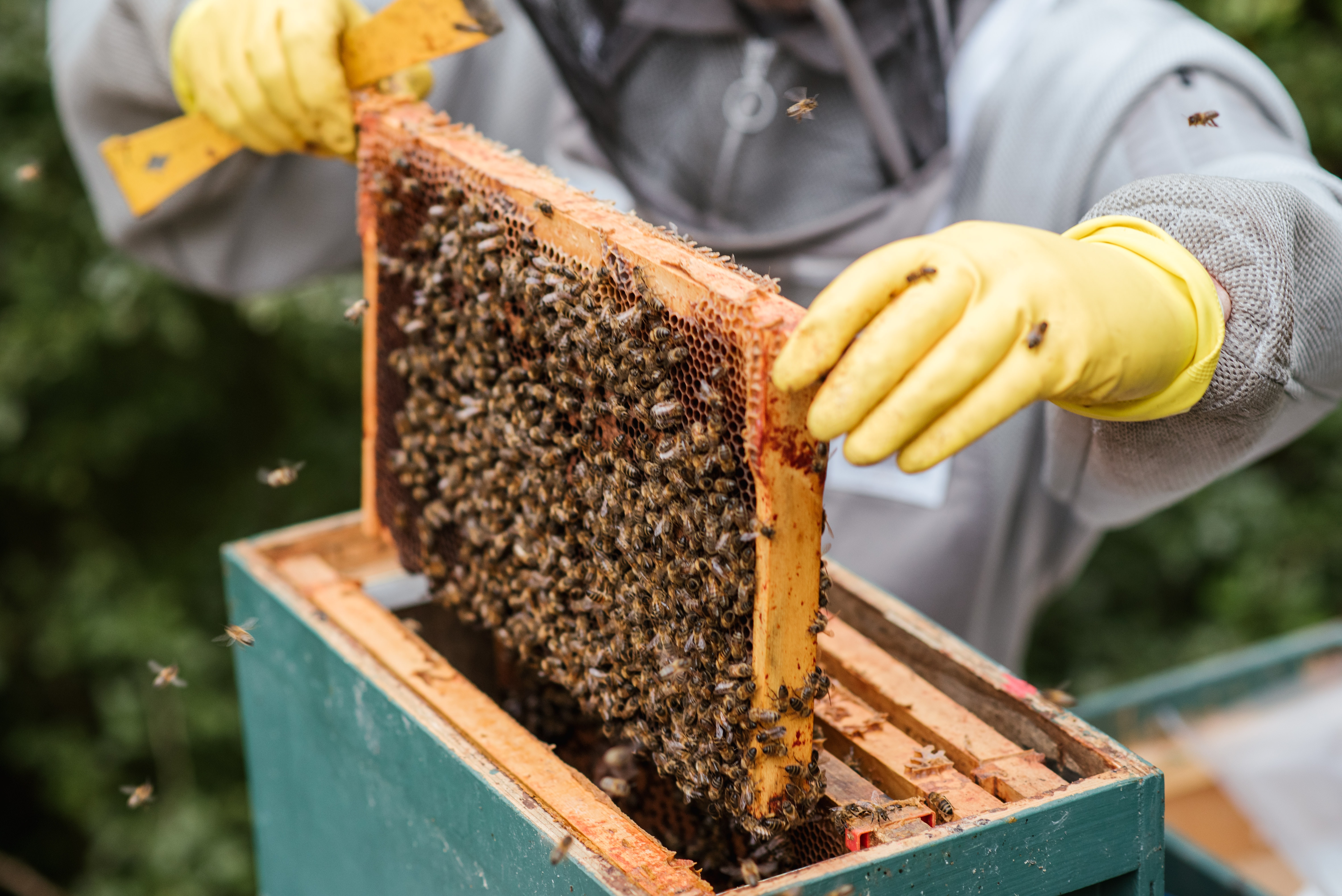New Zealand honey producers have lost the bid with Australia to trademark mānuka honey, after a failure to meet requirements under the Intellectual Property Office.
Mānuka honey is produced from the nectar of a mānuka tree (leptospermum scoparium), which is Indigenous to New Zealand but can also be found on the coastline of Australia, where it is more commonly known as a ‘tea tree’.
The New Zealand Intellectual Property Office, which protects trademarks and creative expression on goods and services, rejected the term that New Zealand had been working to protect since 2015.
The ruling said that Australian honey has met various authentication tests for genuine “manuka honey”, being honey from the nectar of leptospermum scoparium.
“It is one of the most complex and long-running proceedings to have come before the Intellectual Property Office of New Zealand (IPONZ). The opposition proceeding involves extensive factual and legal issues, some of which are novel, along with voluminous evidence and submissions,” the ruling said.
“Importantly, not only is this plant native to New Zealand but it is also native to Australia. In fact, some scientists consider that leptospermum scoparium originated in Australia, and migrated across the Tasman Sea to Aotearoa New Zealand.”
Ben McKee, chairman of the Australia Manuka Honey Association said they are delighted with the judgement.
“Our product has a long history of being recognised as manuka honey, it is produced like the NZ product is, and it also offers the sought-after antimicrobial properties that consumers around the world value so highly,” he said.
“This decision is a sensible outcome that ensures Aussie beekeepers can fairly market their produce. It also sees NZ following other precedent around the world that Manuka honey is a descriptive term.”
The international mānuka honey market is set to be worth around $1.27 billion in annual trade by 2027.
The honey is known for antibacterial and supposed health properties which as a result, significantly increases the price markup on the international market.
Photo: Crop farmer taking honeycomb from beehive by Anete Lusina available HERE and used under a Creative Commons Licence. The image has not been modified.







